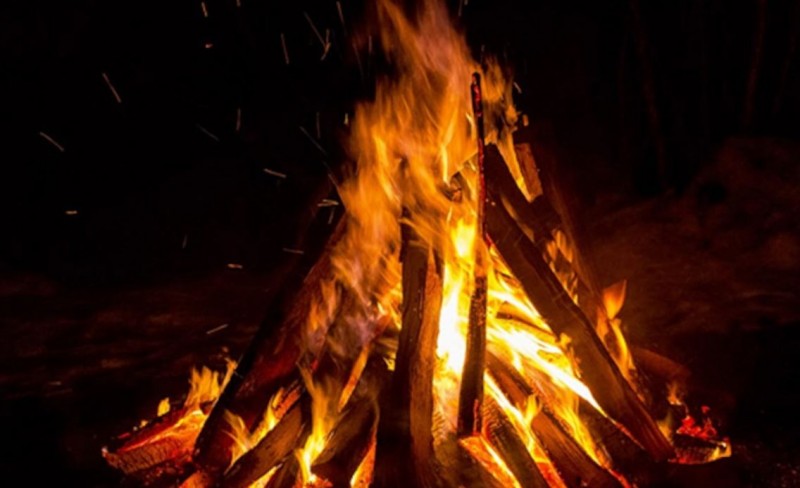
Holashtak, a period of eight days preceding the festival of Holi, holds immense significance in Hindu tradition. This year, Holashtak is observed from March 17th to March 24th. It is believed that during this time, any auspicious activities are discouraged due to certain cultural and astrological reasons.
According to one belief, Holashtak marks the sleeping period of Lord Vishnu, reclining on the serpent Shesha. It is said that during this time, all deities become weak. Another belief associates Holashtak with the torments inflicted upon Prahlada by Hiranyakashipu, which lasted for eight days.
Astrologically, Holashtak is linked to the movements of celestial bodies. It coincides with the Sun entering the Aquarius sign and Saturn being in Capricorn. Astrologers suggest that such alignments may bring about negative energies, hence the avoidance of auspicious activities.
During Holashtak, certain activities are deemed inauspicious:
Avoidance of significant ceremonies like weddings, mundan, or housewarming ceremonies.
Preference for charitable acts or pujas dedicated to Lord Vishnu and Lord Hanuman.
Conversely, there are certain activities considered inappropriate during Holashtak:
Purchasing new properties or starting new businesses.
Undertaking journeys is also discouraged.
It is essential to understand that these beliefs are rooted in popular traditions and customs rather than concrete astrological evidence.
In essence, Holashtak serves as a period of introspection and spiritual preparation before the vibrant festivities of Holi. While adhering to these traditions, it's important to acknowledge their cultural significance and respect the beliefs of others.
Does science really say what heaven and hell are after death?
"Unlocking the Secrets of the Soul: A Quest for Meaning"
There are magnificent temples of Lord Shiva not only in India but also in the world.